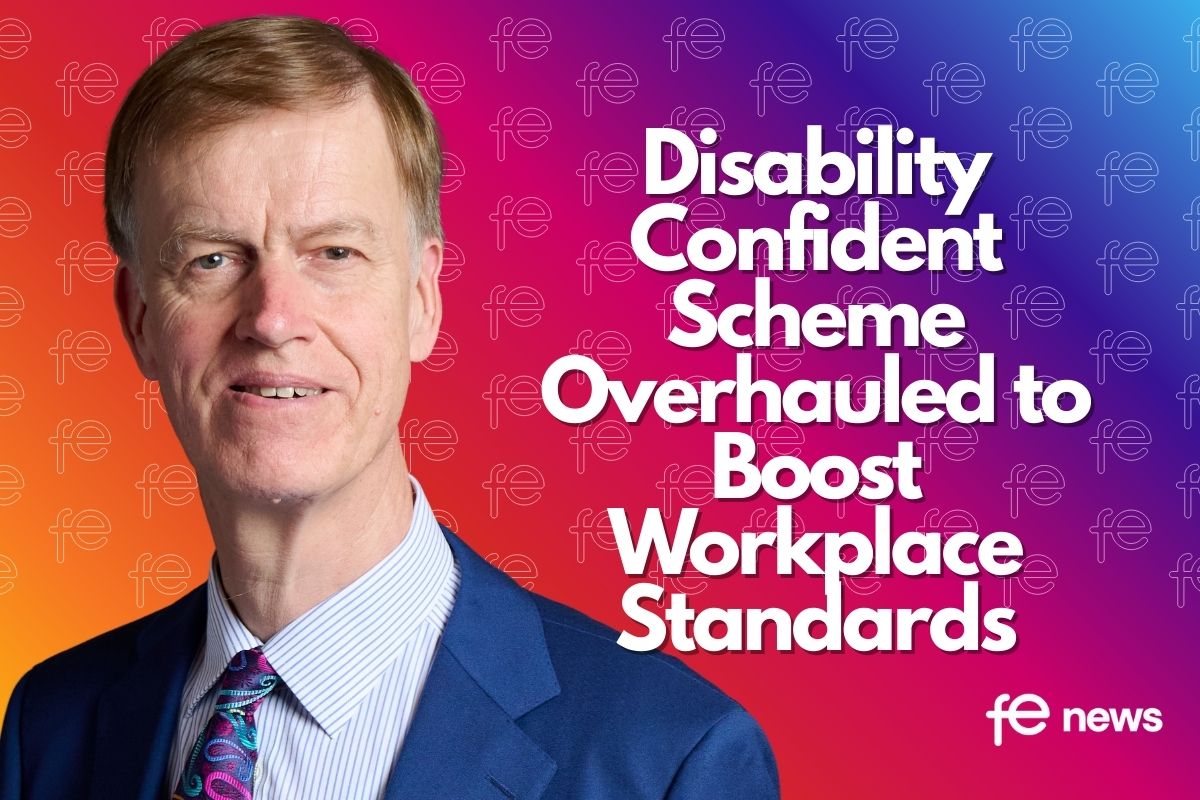Careers advice beyond #Resultsday2018

Many young people will be opening their exam results with some breathing a sense of relief or others taking a sharp intake of breath knowing their results fall short of expectations. At this time of the year, schools, colleges and universities work extremely hard to ensure good support systems are in place for those most in need. But what happens when the next academic year begins in September and young people’s course choice or career decisions remain unclear? Worried parents or carers need to know where their children can turn to for careers support during a period of uncertainty. At best the current state of play for young school leavers in England can be characterised (in post-August 2018) as a ‘do-it-yourself’ approach.
England has its own unique careers experiment for young people[1]. Firstly, schools and colleges have a statutory responsibility[2] for ensuring independent and impartial career guidance – without any direct funds received from government. During exams results time, many will rise to this challenge by supporting anxious students through careers information, advice and guidance offered by teachers and careers advisers. Secondly, SERCO delivers an all-age National Careers Service telephone helpline 0800 100 900 on behalf of the Education & Skills Funding Agency. This means young people (and adults) can access careers information and advice as they choose, when they choose. In addition, they can also combine the channels they prefer, for example, combining this and social media (SMS, Facebook, Twitter etc). They can do it from places and spaces convenient to them at a time that suits them best.
Sounds great – but adults over the age of 19 will be able to access face-to-face careers support at a local level, delivered by an Ofsted rated careers service provider. The National Careers Service website is currently being redeveloped, in line with the government’s Careers Strategy (December 2017) and this current bland site site is unlikely to inspire and motivate many teenagers into action (albeit this contains some excellent hidden gems in the form of careers information and self-assessment tools). The Careers and Enterprise Company with government funding of circa £60m (2015 – 2018) focuses on supporting strategy and evidence rather than directly delivering careers guidance to young people, particularly those most in need.
At best the current state of play for young school leavers in England can be characterised (beyond August 2018) as a ‘do-it-yourself’ approach. This is contrary to national concerns about social mobility and the nation’s future productivity. The fact is in early September 2018 new cohorts of students in schools and colleges will recommence their schooling. The challenges of the past regarding students who failed to make the grade will be superceded by the demands of a new academic year.
England must face the reality that young people deserve all year round access to high quality careers support. The arrangements must not simply be left to personal chance and circumstance. In this scenario, the nation loses great talent and young people fall between the serious cracks in the system.
Dr Deirdre Hughes, Director, DMH & Associates Ltd, Exeter, & Associate Fellow, Warwick University Institute for Employment Research (IER)
About Deirdre Hughes: Reporting directly to three Skills Ministers in her role as Chair of the National Careers Council in England (2012 -2014), during this time, she was also a Commissioner with the UK Commission for Employment and Skills. She is a UK national expert on lifelong guidance and works on a freelance basis. She has been an Associate at Warwick IER for over a decade. A copy of her academic paper on the English careers experiment is available upon request.
[1] Hughes, D. (2017) Careers work in England’s schools: politics, practices and prospects, New school for the old school: Guidance and Counselling in 21st Century Education (Part 2), British Journal for Guidance and Counselling, Vol. 45, No.4. Symposium Issue: November 2017.
[2]https://assets.publishing.service.gov.uk/government/uploads/system/uploads/attachment_data/file/672418/_Careers_guidance_and_access_for_education_and_training_providers.pdf











Responses